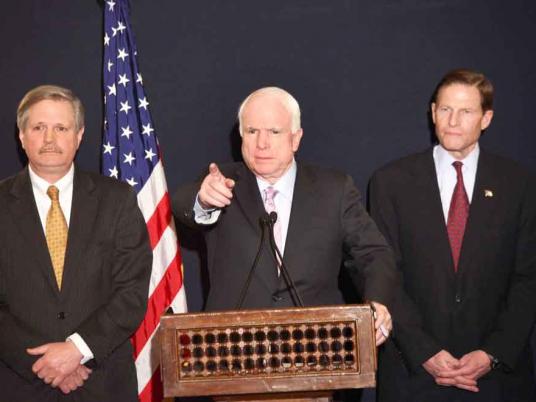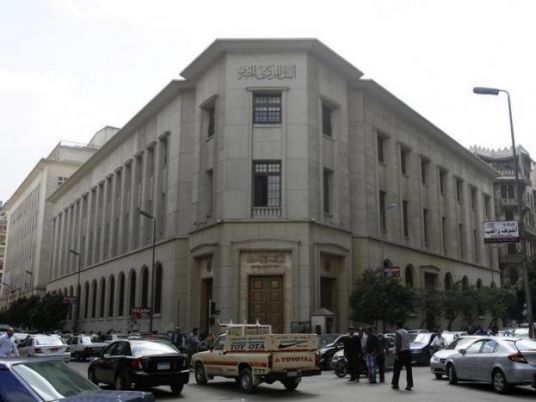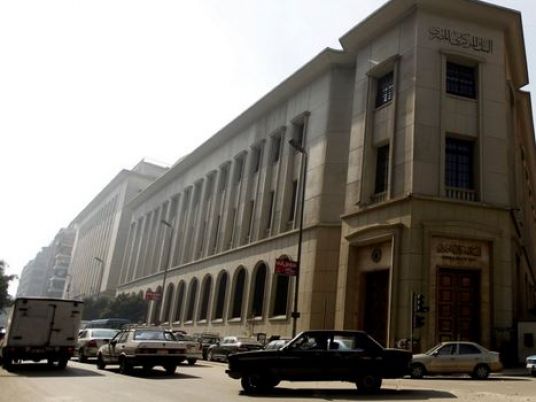
Follow our multiple part series as we explore through interviews with varies parts of Egyptian society whether the 25 January revolution has succeeded, failed or is still continuing.
Throughout history, Egyptians were perceived as lazy people. But the Egyptians refuted this perception in the 25 January revolution and showed the world who they really are when they toppled the regime that deprived them of freedom and social justice.
The 25 January revolution has since the first day been like a ship at sea struggling the waves without a captain. Many have fought to become the captain.
Four years later, the revolution still has not achieved its goals. Some say it has made great strides in the way of achieving its goals, such as toppling Mubarak and thwarting his or anyone else’s attempt to bequeath the rule to his son. Others say the revolution is still going on against the body of the regime whose head it has toppled, pointing to the major changes that were introduced to the system. And yet others claim that it has failed to achieve its goals and that the “deep” state institutions are reinstating Mubarak’s system.
The army and the revolution, 18 months of support and errors
Some say the revolution would not have succeeded in achieving certain goals had it not been supported by the army from the beginning.
On 28 January 2011, when the prisons were opened and chaos spread across the country, Mubarak ordered the army to restore order in the street. The first place the troops went to was Tahrir Square, the symbol of the revolution, in order to reassure the demonstrators. The people welcomed them and took pictures with them standing on their tanks.
But the killing of demonstrators during the first transitional period made people believe the Supreme Council of the Armed Forces (SCAF), which was led by Field Marshal Tantawi, changed its position toward the revolution.
According to a senior SCAF member, the council met six days after the revolution and swore not betray the people's demands for change. He also said that the transitional period witnessed several attempts to drive a wedge between the army and the people and between Muslims and Copts, adding that the state television also played a role in this.
He said that Field Marshal Tantawi and the SCAF members felt that the goals that the revolutionaries expressed in their meetings with them were not achieved. And so Tantawi decided to expand the scope of the dialogue with all the political spectrums of society and to cancel the emergency law.
He said the first anniversary of the revolution marked the beginning of the conflict between Tantawi and ElBaradei, who suggested that the council should hand over the rule to the a civilian presidential council during the transitional period, but Tantawi rejected his suggestion.
Major General Sameh Seif al-Yazal, a military expert, also said the revolution would not have succeeded had the army not stood with it. “The army in Syria and Libya stood with the president, which is why those states collapsed,” he said.
“The SCAF was pressured to take certain decisions, other decisions were not unanimous,” he said. “But the SCAF did not hand over the country to the Muslim Brotherhood. It was the people who chose them.”
Major General Ahmed Abdel Halim of the Nasser Military Academy said the military council did make “unintentional” mistakes because it never had such a task to carry out before.
Major General Mahmoud Khalaf of the Nasser Military Academy said the demonstrators and the government imagined that the revolution ended with the Mubarak’s departure. “No one knew that there were hidden forces trying to shape the future of the country,” he said.
Edited translation from Al-Masry Al-Youm




